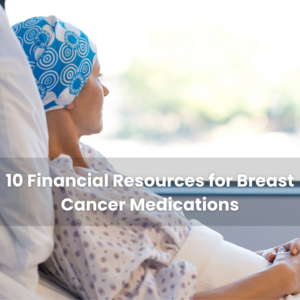Last Updated on October 21, 2024
Violent crime is a reality throughout the world, including the US. According to the Federal Bureau of Investigation (FBI), over 1.1 million violent crimes occurred nationwide in 2014. The FBI defines violent crime as including aggravated assault, rape, robbery, murder and manslaughter. Despite steady drops in crime rates, violence still affects millions of Americans every year. Victims of violent crimes may suffer financial stress resulting from medical bills, lost wages, or funeral costs. Recovering from violence can be difficult enough; fortunately, there are state programs to help those in need.

The first victim compensation program was created in 1965 in California. By 1972, nine additional states were operating similar programs. The Victims of Crime Act of 1984 established the federal Crime Victims Fund. These programs are funded with fines, fees, and forfeitures from violent offenders rather than tax dollars at both state and federal levels.
There are crime victim compensation programs in every state (and Washington, D.C.). These programs help victims of rape, assault, child sexual abuse, drunk driving, domestic abuse, as well as families of homicide victims. Compensation programs can cover medical bills, mental health treatment, and often includes crime-scene cleanup, travel costs to receive treatment, moving expenses, or even the cost of housekeeping or child care if the victim is unable to do so. The programs are often flexible with their eligibility, though most require reporting the crime to police within a specified time frame and cooperating with the investigation.
NeedyMeds has recently added the violent crime victim compensation program for each state and Washington, D.C. to our Diagnosis-Based Assistance (DBA) database—just search for Violent Crime under DBAs. Victims should typically apply in the state where the crime occurred. From here, find your state’s program and click to find their contact information, specific eligibility requirements, and information on how to apply.




